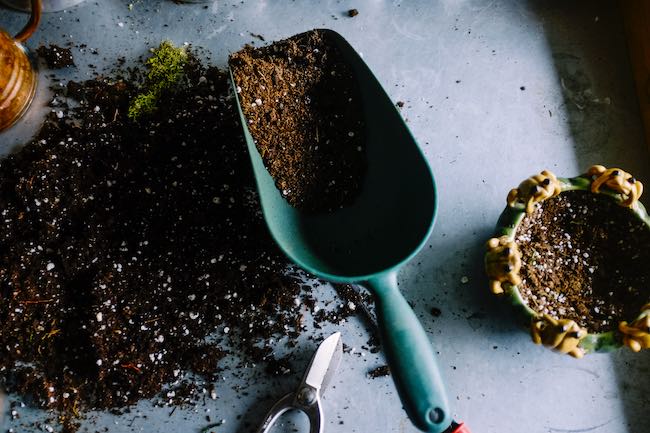Coir compost for gardens

Coir compost is a type of organic matter made from the fibres of coconut shells. It is a by-product of the coconut industry and is often used as a soil amendment or growing medium for plants. Coir compost is known for its ability to retain water and provide good drainage, making it well-suited for use in hydroponic gardening and container gardening. It is also a renewable and sustainable resource, as it is made from a waste product of the coconut industry.
What are the benefits of coir compost for plants?
Coir compost has several benefits for plants, including:
Improved water retention: Coir fibres are naturally absorbent and can hold large amounts of water. This can be beneficial for plants, especially in dry or arid climates.
Good drainage: The fibres of coir compost also allow for good drainage, preventing waterlogged soil and promoting healthy root growth.
Renewable and sustainable resource: Coir compost is made from a waste product of the coconut industry, making it a sustainable and renewable alternative to other types of soil amendment.
pH neutral: Coir compost is pH neutral, which makes it suitable for a wide range of plants and helps to maintain soil pH balance.
Organic matter: Coir compost is an organic matter which helps to improve the soil structure, aeration and fertility.
Coir compost is also high in lignin which is a natural slow-release fertiliser that feeds the plants for extended periods of time. It should be noted that Coir compost should be hydrated before use and should be mixed with other soil components to maintain a healthy soil.
What pH is coir?
Coir is typically pH neutral, meaning that it has a pH of around 7.0, which is considered to be neutral on the pH scale. This pH level is suitable for a wide range of plants and can help to maintain a stable pH level in the soil. Some coir products may have a slightly higher or lower pH depending on the source and processing methods. The pH level of coir can be adjusted by adding acid or alkaline solutions to it before use.
Does coir support mycorrhizal fungi?
Coir can support the growth of mycorrhizal fungi, which are beneficial microorganisms that form a symbiotic relationship with plant roots. Mycorrhizal fungi help plants to absorb nutrients, such as phosphorus, more efficiently and can also increase the plant’s resistance to disease and stress. The fungi colonise the roots of plants and form a mutualistic association, in which the plant provides the fungus with carbohydrates and the fungus helps the plant to acquire nutrients. Coir fibres can provide a suitable substrate for the growth of mycorrhizal fungi, making it an attractive growing medium for plants. However, it is important to note that coir alone may not contain the necessary spores of mycorrhizal fungi to establish a symbiosis, adding a mycorrhizal inoculum to the coir can improve the chances of successful colonisation.
What is the pH of lemon juice?
Lemon juice has a pH of around 2.2 to 2.4, which is considered to be highly acidic on the pH scale. The pH scale ranges from 0 to 14, with 7 being neutral, and lower numbers indicating greater acidity. Lemon juice is one of the most acidic fruits juices, it’s acidic because of the high concentration of citric acid in it. The acidity level of lemon juice can vary depending on the specific type of lemon and the ripeness of the fruit, but it is generally considered to be quite acidic.





















